World’s largest democracies poised for busy 2018
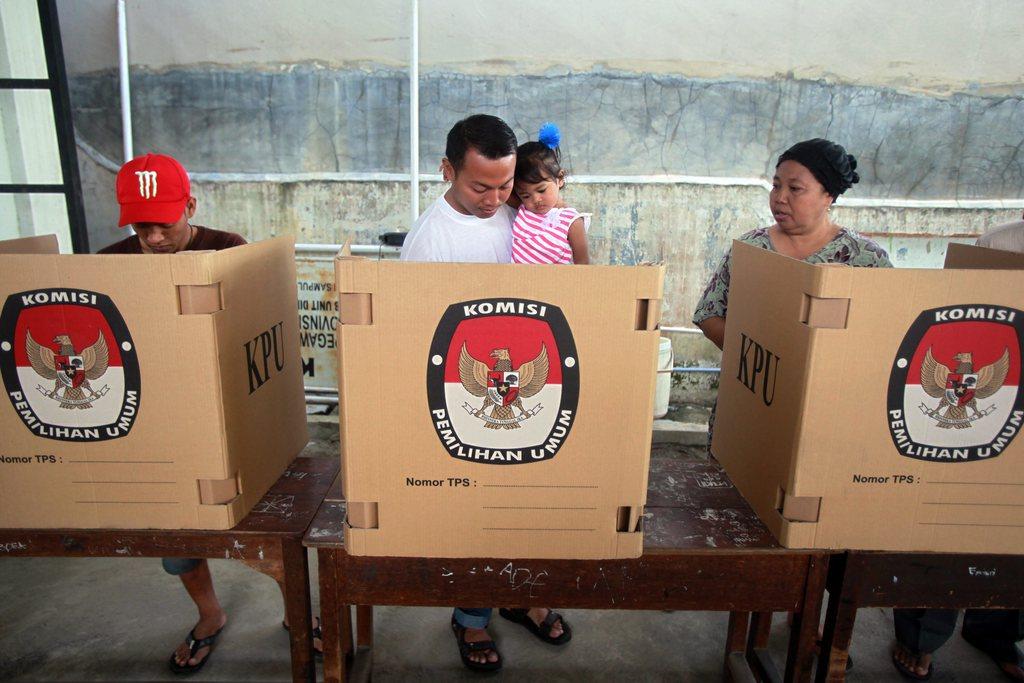
The world heads to new opportunities this year as the globe’s biggest democracies prepare for popular votes in the next 18 months. From Indonesia to Brazil, the European Union to India, the United States to Japan, billions of citizens will be invited to have their say.
And there are good chances that the recent focus on identity politics and negative campaigning will be replaced by more forward-looking and constructive dialogue.
Starting the new year in the world’s fourth biggest democracy, IndonesiaExternal link, is a revealing experience. With a population of more than 260 million, Indonesia is a country of enormous variety and extremes. It is also the southern hemisphere’s most populated nation-state and the country with the biggest Muslim population in the world (73%). So it is a fascinating test ground for the use and practice of democracy.
After ousting the latest dictator back in 1999, the archipelago has had a roller-coaster journey towards a genuinely open and modern society with basic human rights and free and fair elections. Last year saw a sudden setback in Jakarta region (more than ten million voters), where then-democratic party governor Basuki “Ahok” Tjahaja Purnama was jailed for blasphemy against Islam.

This alerted human rights activists and democracy supporters across the country and beyond. “Suddenly religious identity politics celebrated a comeback,” said Usman Hasmid, the executive director of Amnesty International Indonesia. In a country as diverse and rich in cultures as Indonesia — more than 13,000 islands and 700 different languages — such an approach poisons peace and stability.
Two decades of democracy
But in a recent interview with the Jakarta Post, Hasmid also said: “We have experienced more than two decades of democracy without any serious interruption.” Indeed, as your #ddworldtour notebook writer travels across Eastern Java these first days of 2018, it is striking how vibrant and peaceful this country is.
In June, people in no less than 171 regions will elect their governors and parliaments. These elections will constitute the largest simultaneous democratic exercise in the country’s history.
The famous Indonesian social media influencer Adhyta F.UtamiExternal link says the elections offer citizens an opportunity to “engage in sensitive issues such as religion and minority rights” and will also be an important step forward to the 2019 presidential election.
For the last five years the country has been governed by Joko “Jokowi” Widodo, the first head of state without a high ranking political or military background, and the foremost example so far of a new generation of grassroots-based and participation-friendly leaders.
In the coming weeks, I will meet with several of Jokowi’s colleagues, who are engaged in local and regional politics both in Indonesia and beyond.
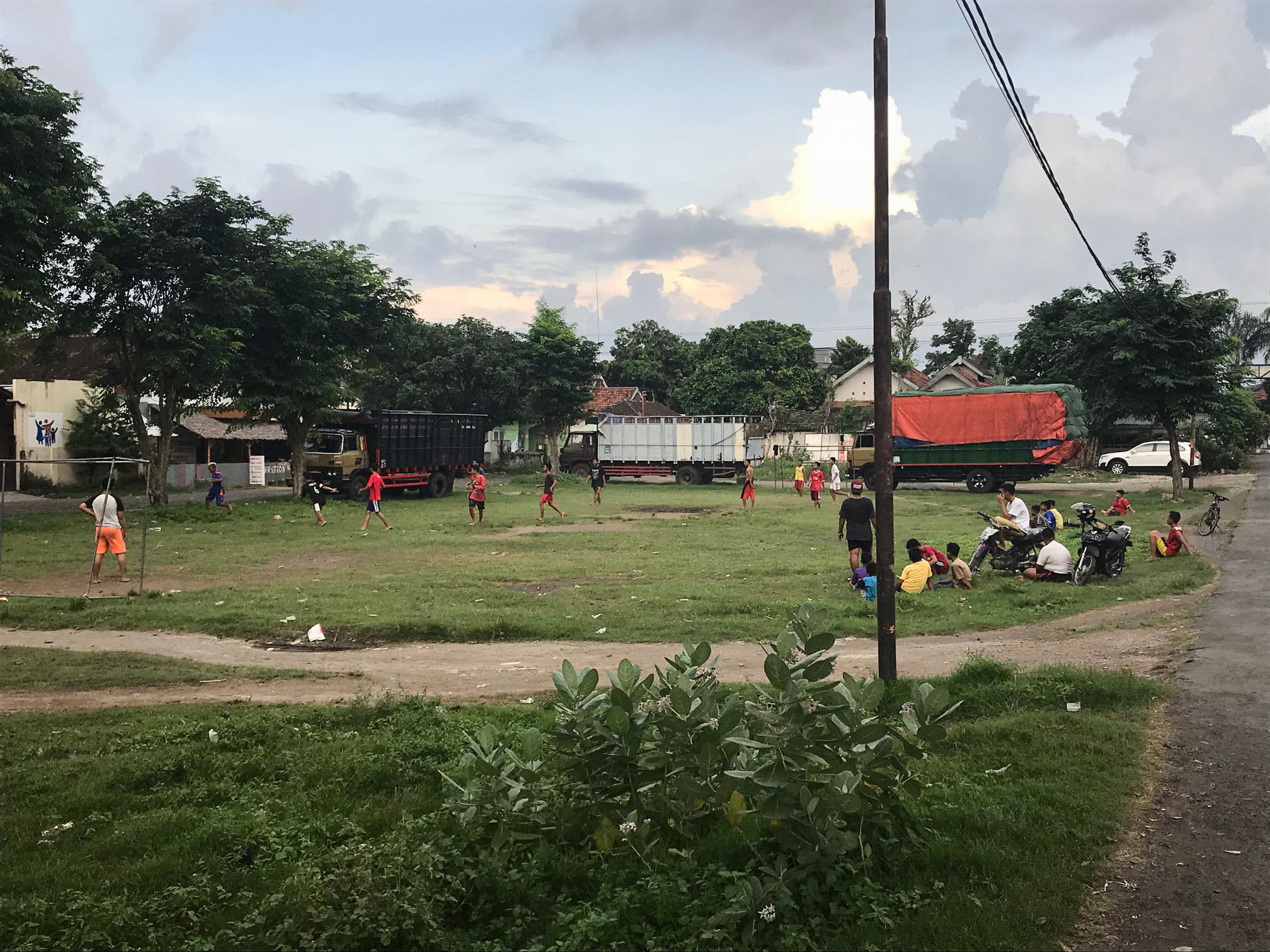
Elections across the world
Indonesia is just one of many countries that will see major democratic exercises in the near future.
In Latin America, the two most populated countries will see mega-elections.
On July 1, the 123 million people of MexicoExternal link elect a new president (for six years), a new 500-member Chamber of Deputies and a new Senate (128 members). In October, Brazil, which has more than 200 million inhabitants, goes to the polls to decide in direct elections almost all important offices in the country (from the President to the State Vice-Governors).
The conduct and outcomes of these multiple popular votes will be indicative of the democratic future of the whole of Latin America, which has struggled with corruption, populist leadership and openly anti-democratic governments like the one in Venezuela. (Venezuelans will have a presidential election this year, but it is unlikely to be free and fair).
Across the Atlantic in Africa, 2018 has started on a rather positive note as long-time war-plagued Liberia successfully held a decisive presidential poll, allowing for one of the first peaceful power shifts in the country.
There are democratic opportunities across the continent, including in Zimbabwe (late 2018 elections) where long-term dictator Robert Mugabe was ousted last November, and South Africa (first half of 2019) where the recent nomination of Cyril Ramaphosa to head the ruling ANC party is seen as a repudiation of the deeply corrupt leadership of the incumbent Jacob Zuma.
Further north, Tunisia will for the first time elect local leaders in direct elections on May 6, marking a historic step towards further democratisation of the Arab Spring’s only success story. Strong local democracies, which the Tunisian constitution says must have strong participatory and direct features, can bring real improvement and democratic exchange.
In the northern hemisphere, citizens in many countries will be called to the polls to decide on both persons (elections) and issues (referendums).
While there is unfortunately little hope that the forthcoming presidential election in Russia will offer any open conversations or real choices (the only main contender to the running autocrat is barred from participating in the March 18 election), Italy is heading to a very interesting popular vote on March 4.
Under a new electoral law that encourages parties to build alliances, at least three main political camps are on offer: the left, the right and the not-easy-to-position Five Star Movement, which houses a broad spectrum of voters and candidates.
Swiss vote on public broadcaster
The very same Sunday will see a highly contested vote on a citizens’ initiative in neighbouring Switzerland on the future of the national public broadcasting services, an initiative that puts into question an important element of the country’s democratic infrastructure.
While feared by many, this popular vote again offers a great opportunity for a public conversation on and around modern democracy.
Europe will see many more popular votes both on persons and issues these coming 18 months, including in the Czech Republic, Hungary, Poland and Sweden, leading up to the 2019 spring election to the European Parliament, one of the biggest electoral exercises worldwide (even though it will be the first such election in which British citizens are not eligible).
India’s 850 million voters
The only electoral event bigger than the pan-European EU parliament elections will take place around the same time in spring 2019: the Lok Sabha election in India, involving almost 850 million eligible voters.
The poll, conducted over a period of five weeks in April-May of 2019 will see the incumbent Hindu majority government of Prime Minister Narendra Modi being challenged by Rahul Gandhi’s Congress and hundreds of smaller parties across the enormous country, which is often called the biggest democracy in the word.
This will happen half a year after crucial “mid-term” elections on November 6, 2018 in the world’s third biggest democracy, the United States.
All 435 seats in the House of Representatives and 33 out of the 100 Senate seats will be contested. Additionally, 39 state governorships and legislatures will be decided. These elections offer a great opportunity to respond to the highly divisive presidential election of 2016.
Additionally, up to 200 statewide initiatives and referendums External link are expected to be put to a vote in the US, including questions on healthcare, education, elections and transportation.
Asia
Across the Pacific Ocean, nationwide referendums on constitutional amendments are expected in both Japan (on security) and South Korea (on democracy), offering major opportunities to involve the citizens in two highly populous countries (Japan 127 million, South Korea 51 million) in conversations on their societies’ future.
The same will happen in nearby Taiwan, where parliament approved a new initiative and referendum law late last year, making modern direct democracy a real option for the first time in this multicultural country of 23 million people.
In other words, the next 18 months offer democrats around the world a series of great invitations and opportunities to exercise people power—and to develop democracy.
At swissinfo.ch we are most interested in your experiences and stories on how people can influence politics. Share them with us using #deardemocracy on social media. We look forward to hearing from you!
Swiss-Swedish author and journalist Bruno Kaufmann is on a world tour to explore the state of democracy visiting more than 20 countries on four continents until May 2018.
swissinfo.ch publishes a weekly Notebook and multimedia reports by Kaufmann over the next few months as part of its coverage of direct democracy issues.
Kaufmann’s democracy world tour is mainly sponsored by the Swiss Democracy FoundationExternal link, where he is the director of international cooperation. The Swiss Democracy Foundation hosts various projects and platforms linked to participatory and direct democracy across the globe, including Democracy InternationalExternal link, the Direct Democracy NavigatorExternal link and the Initiative and Referendum Institute EuropeExternal link.
Follow the tour on social media with#ddworldtour, @kaufmannbruno, @democracyreporter and on people2power.info

In compliance with the JTI standards
More: SWI swissinfo.ch certified by the Journalism Trust Initiative
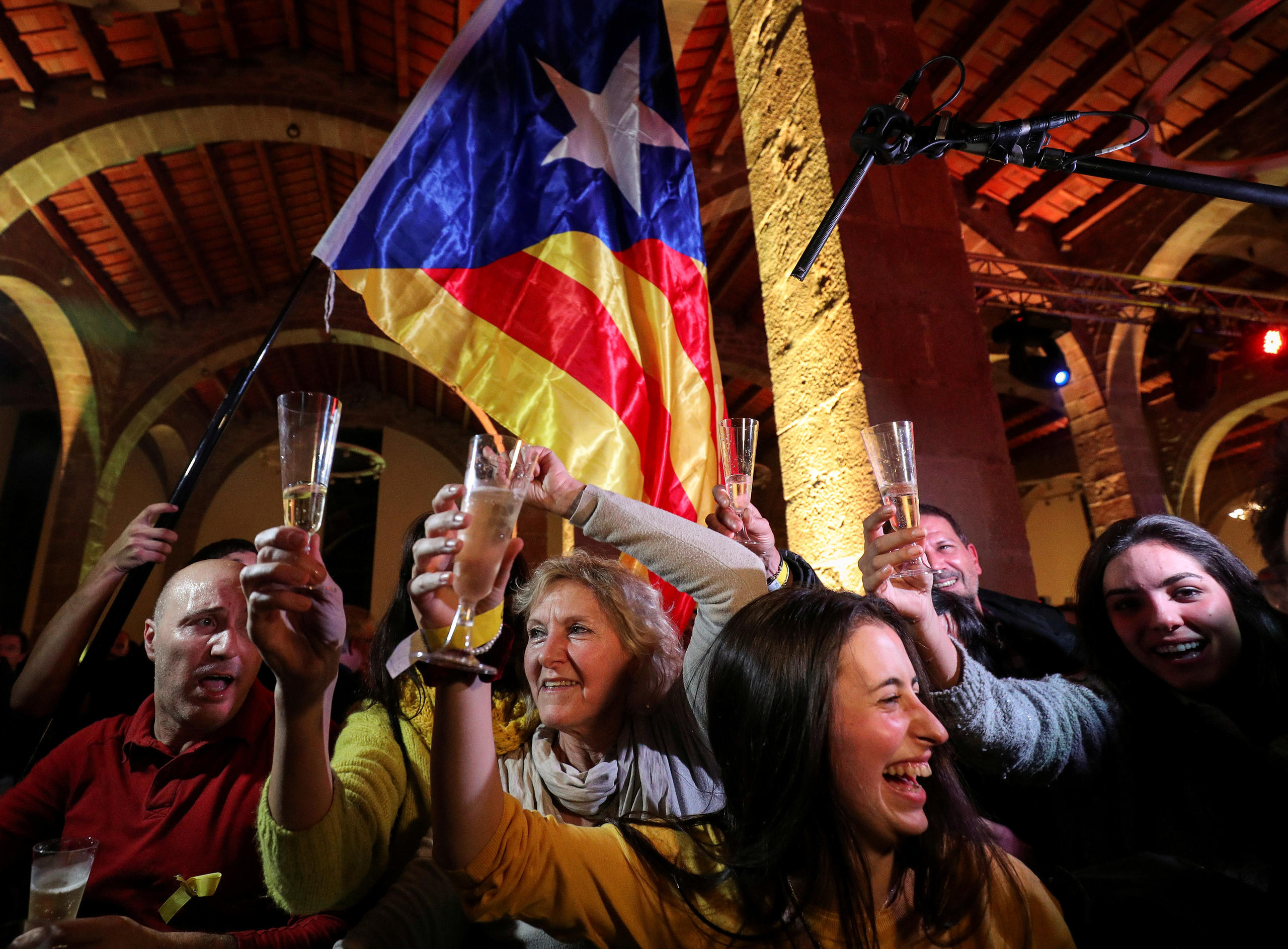
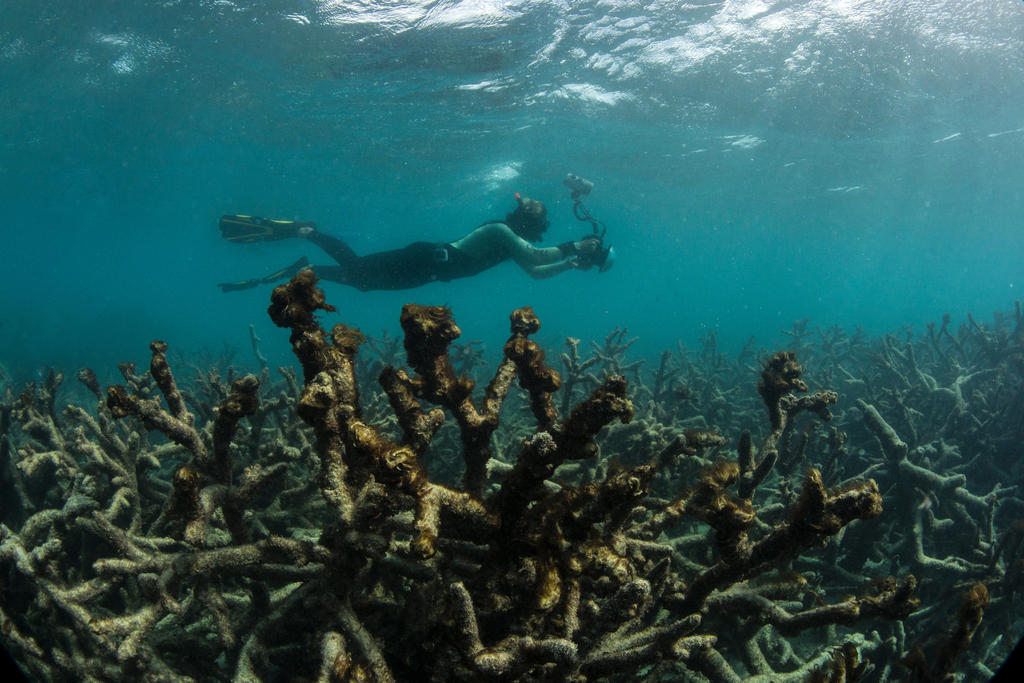
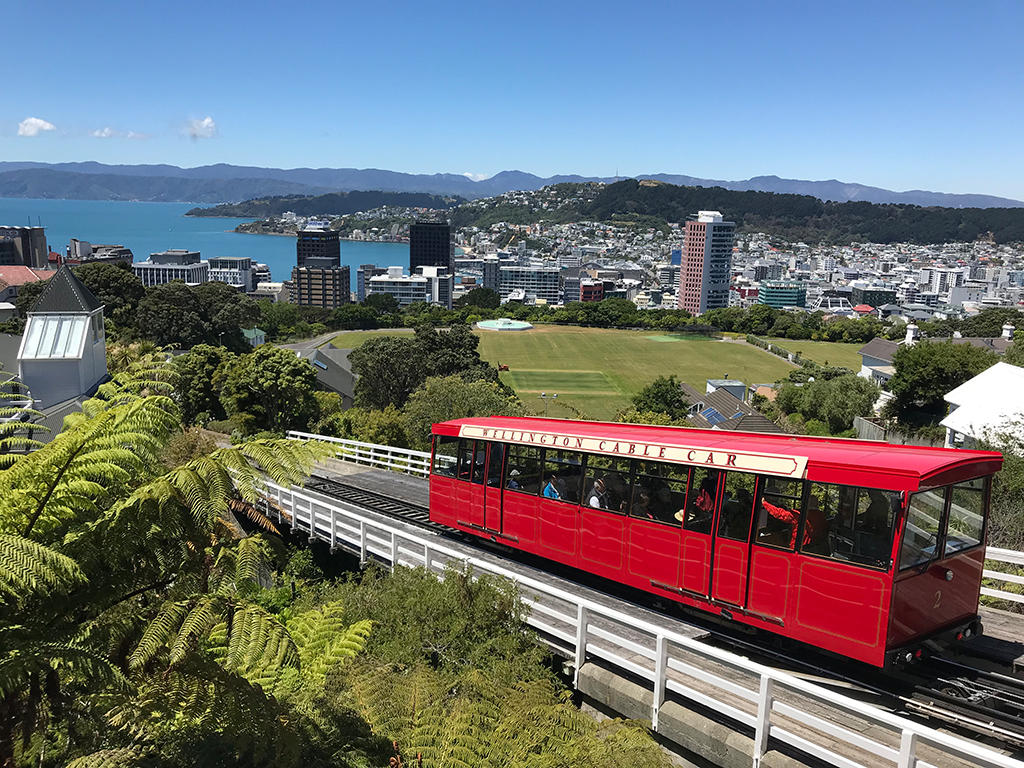
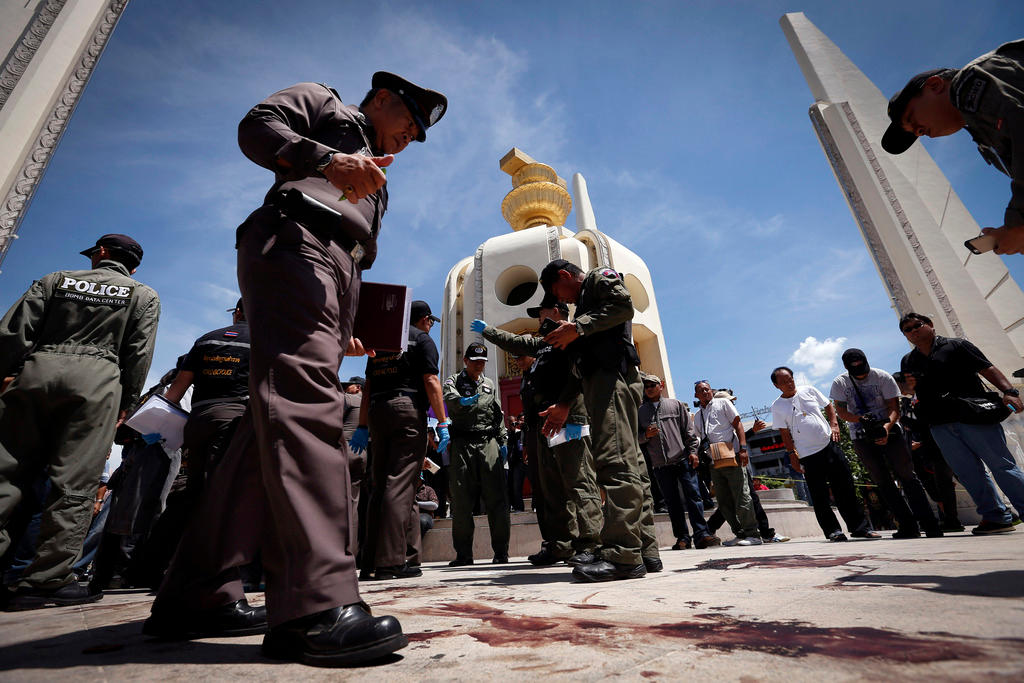
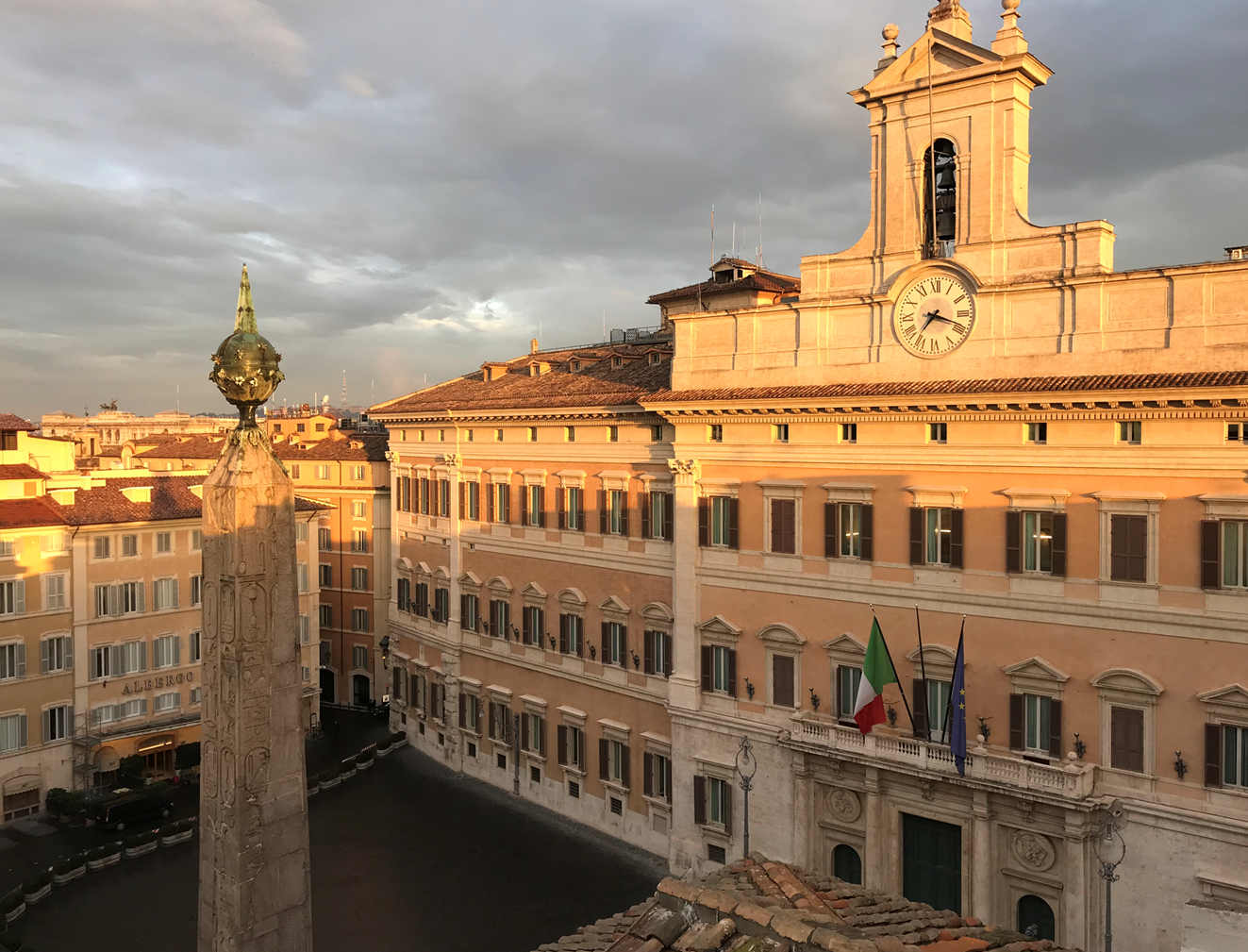
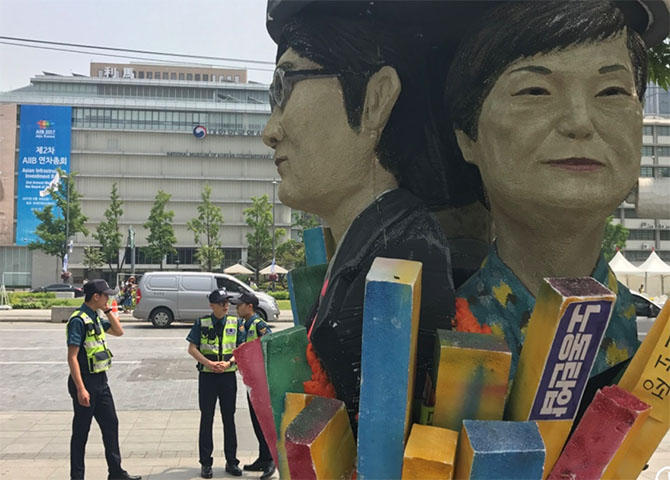
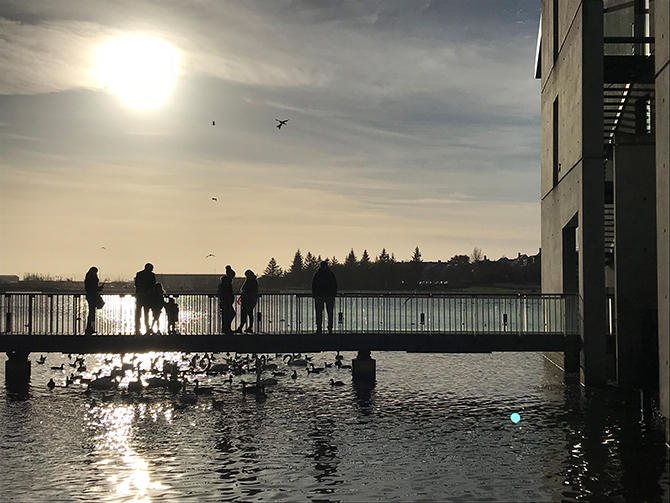
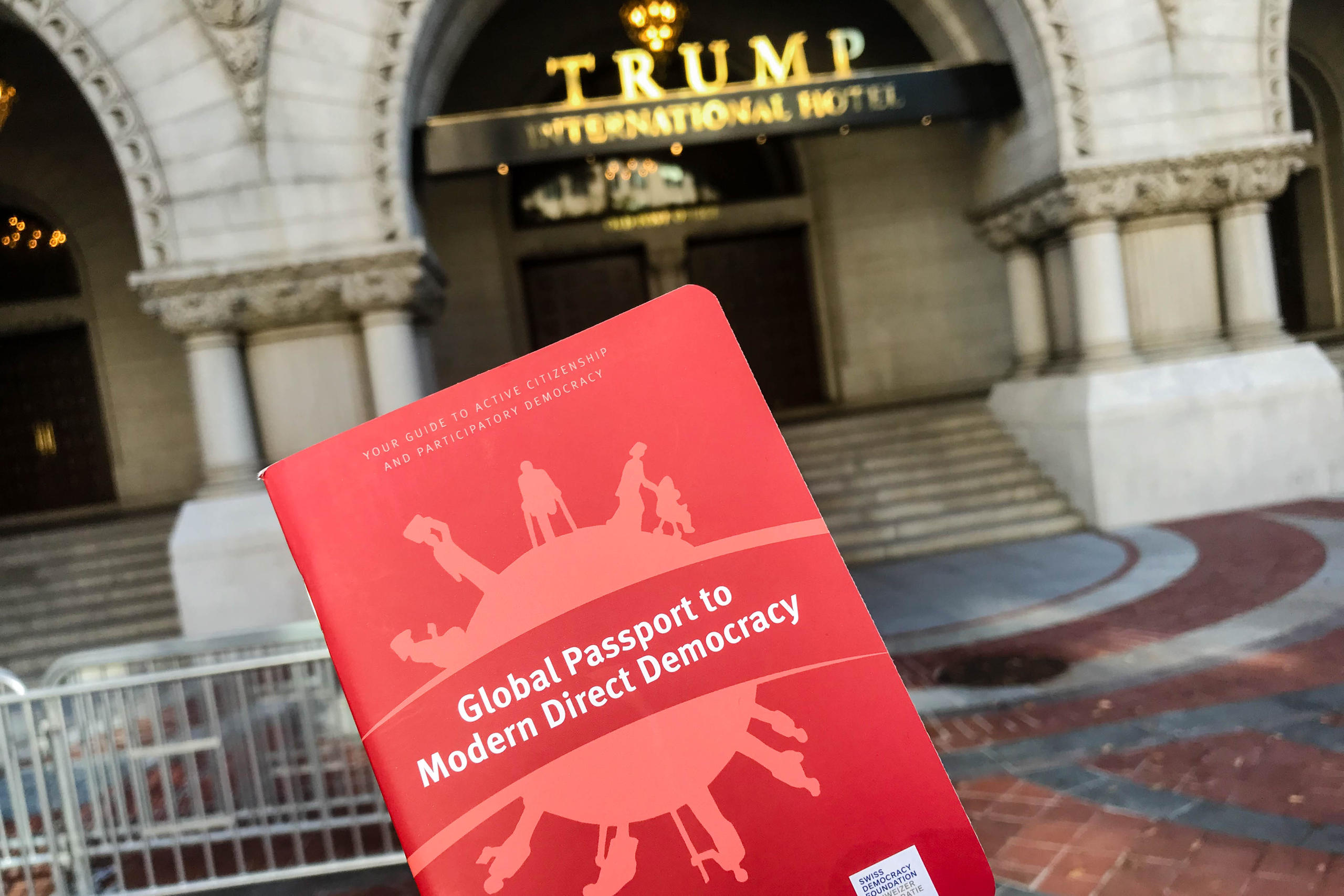
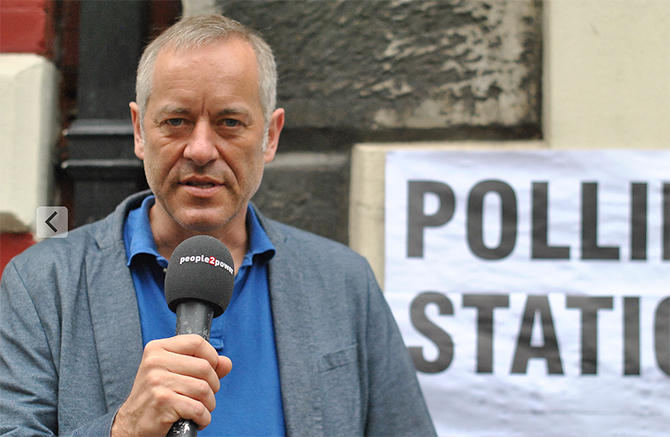
You can find an overview of ongoing debates with our journalists here. Please join us!
If you want to start a conversation about a topic raised in this article or want to report factual errors, email us at english@swissinfo.ch.